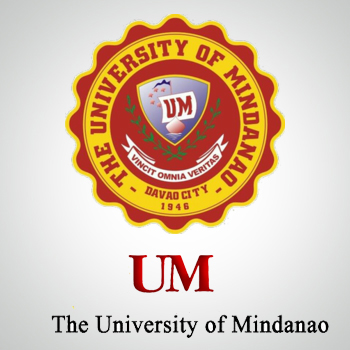Plagiarism Policy
iLEAD – Indonesian Journal of Education, Assessment, and Development upholds strict anti-plagiarism standards to maintain the integrity and originality of published works.
Definition of Plagiarism
Plagiarism includes, but is not limited to:
-
Copying someone else’s work (words, ideas, data, or findings) without proper citation.
-
Self-plagiarism is the republishing of the author’s own previously published work without disclosure or permission.
-
Using content generated by AI tools without proper acknowledgment or critical human intervention.
Screening Process
-
All submitted manuscripts are screened using plagiarism detection software (e.g., Turnitin).
-
Manuscripts with similarity levels above 20% (excluding references and common phrases) will be returned to the author for revision or rejected outright, depending on the severity.
Consequences of Plagiarism
If plagiarism is detected:
-
Before publication: The manuscript will be rejected immediately.
-
After publication: The article will be retracted, and the author may be banned from future submissions to Lingkasa.
-
In serious cases, the issue may be reported to the author's institution or research funder.
Author Responsibility
-
Authors must ensure that all sources are properly cited and that their manuscript is free from plagiarism before submission.
-
Authors are encouraged to use plagiarism-checking tools and ensure originality in writing and paraphrasing.
iLEAD is fully committed to academic honesty and adheres to the international standards of publication ethics established by the Committee on Publication Ethics (COPE).


